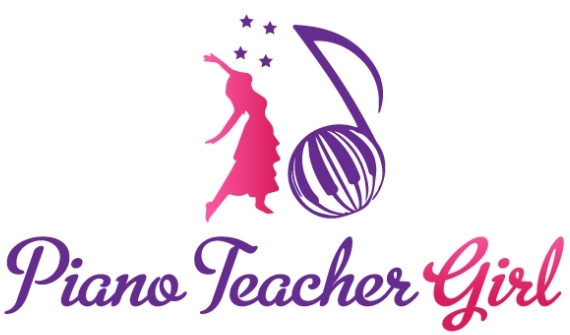Healthy Aging Through Music
Music is an important part of most of our lives. We listen to our favorite songs when we're driving, having fun with the kids, and engaging in intimate moments with our significant other. Music can trigger emotions and, specifically for older adults, memories that may help them overcome the emotional and psychological burden of age. Looking to add more music to your life or that of an aging loved one? Here are some tips on how.
Take music lessons.
When you take music lessons, you give yourself an opportunity to explore an instrument or a new style of playing. This can open up a whole new world of music. Piano Teacher Girl offers in-person and online piano lessons. If your senior is still keeping socially distant, 45- to 60-minute weekly classes from the comfort of home will help them stay engaged.
Listen at home.
Set up your home for the best musical experience possible by creating a dedicated zone. How you do this depends on your or your loved one’s comfort with technology. However, your setup might include anything from a console record player to a smart home hub that connects with your online music. If you don’t have a ton of space, you can use a soundbar to create an immersive environment without large speakers. Shop and compare online so that you can find something within your budget.
Go retro.
If you think about your favorite song of all time, chances are, it comes from your formative years as a teenager or young adult. We have a tendency to associate music with special events — for example, the first song played at your wedding or what was flowing through the air when you got your first kiss. Music from your aging loved one’s young adult or teenage years can help trigger positive memories. Interestingly, you may find that they remember lyrics to songs they love, despite cognitive decline and even not having heard them for decades. A record cover, poster, or even t-shirt of their favorite musician can help put them in the mood to reminisce with rhythm.
Sing together.
Music can bridge the differences between generations. Plan to spend some time with the people you love listening, playing, and singing together. If your loved one is still mobile, take them out for a night on the town where they can do karaoke and enjoy being in the moment. You can also plan to stage sing-alongs with the grandkids. Or, for those that have been musically inclined their entire lives, take them to the studio to create music together that you can hold onto once they’ve passed on.
The Role of Music in Healthy Aging
There are numerous benefits of listening to and playing music for older adults. Psychologically, seniors that listen to music often are happier and enjoy a greater quality of life. SeniorLIFE points out music is, effectively, medicine that can lower stress levels and introduce positivity and happy emotions.
Something else to consider is that activities related to music, such as dancing or even simply moving your feet to the beat, can improve physical health. Science Daily asserts that learning different dance routines may have an even more profound effect on parts of the brain that affect memory when compared to regular exercise.
Music can heal and even slow down the progression of time for seniors who wish to maintain their mental acuity. It’s not difficult to incorporate rhythm and beat into your life or that of someone you love. Whether you choose to take music lessons or simply put together a list of songs, remember that there is no wrong way to add music to your life.
The Piano Teacher Girl Blog offers curated content for those interested in everything from music theory and education to how it can affect cognitive development and writing abilities for people of all ages. Visit the site today.

